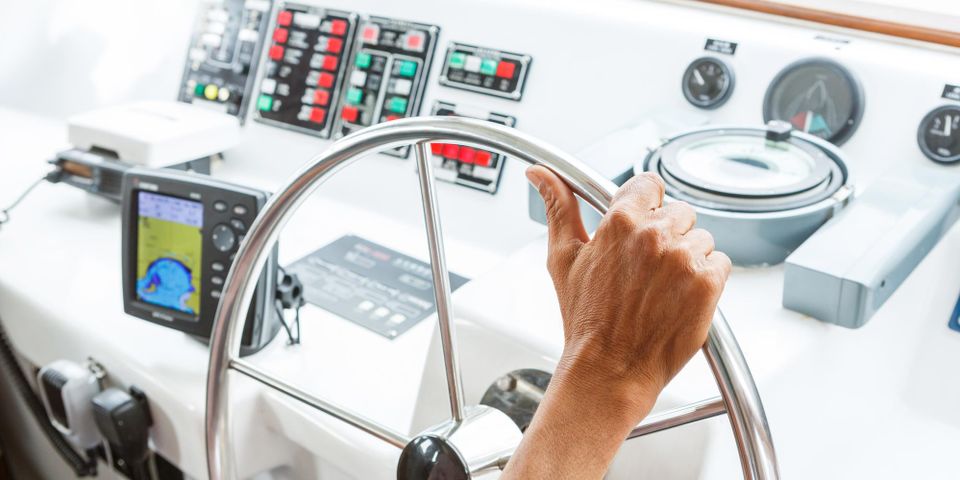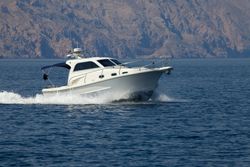
A VHF (very high frequency) radio is a vital piece of boating equipment, ensuring reliable communications with emergency services and other boaters. Many people think they don’t need a VHF because they have a cell phone. If you just need a tow and it’s not an emergency, that’s not a problem. But if you are sinking or have a medical emergency and time is critical, you don’t have the cell phone number of someone on that vessel that’s within range to assist you. It’s no exaggeration to say that a good VHF could save your life while you’re on the water. VHF radios come with a wide range of features. Here are a few of the most important considerations when choosing the right VHF for your boat or PWC.
What to Consider When Choosing a VHF
1. Waterproof, Floating Options
Sensitive boating equipment is vulnerable to moisture, so look for a VHF that’s rated to withstand as much water as possible. Radios rated IPX0 won’t be waterproof at all, while IPX8 is the maximum.
VHF radios are available in fixed-mount and handheld models. To protect your communications, it’s a good idea to have one of each and to carry a backup power source. Choose a buoyant handheld model to ensure that it can be retrieved in the event that it’s knocked overboard.
2. Range Requirements
 First, consider where you’ll be spending most of your time on your vessel. If you plan on sticking close to the shore, a radio with a shorter range of 5-10 miles should be sufficient for basic tasks and maintaining contact with the nearest Coast Guard station or others on land.
First, consider where you’ll be spending most of your time on your vessel. If you plan on sticking close to the shore, a radio with a shorter range of 5-10 miles should be sufficient for basic tasks and maintaining contact with the nearest Coast Guard station or others on land.
If you intend to spend time in open water farther off the coast, consider purchasing a model with a longer range. VHF radios operate by line of sight, so mounting a long-range radio with a longer antenna will increase your chances of reliably communicating with other boats or someone on land compared to using a handheld.
3. Regular Weather Reports
Up-to-the-minute meteorological information is vital for any time spent on a boat, particularly in open water. Many VHF radios come equipped with NOAA weather reporting systems. These offer early warnings in the event of storms or squalls, helping you to know when it’s time to head back to shore for safety’s sake.
4. Pinpoint Your Exact Location
Both handheld and fixed radios are available with options for GPS, satellite, and aerial navigation systems to help you determine your exact position without fail. This will help you understand the surrounding area better and make accurate determinations about fuel consumption and travel times. Coupled with DSC (digital selective calling) capabilities, which send a signal to rescue services in the event of an emergency, having GPS in the radio or connected to the radio can make it a powerful part of safety while on the water.
To choose from a wide selection of VHF radios and other boating equipment, visit Harbortown Marine Inc in Vermilion, OH. For almost 27 years, this local business has been a premier provider of marine electronics, supplies, repair and winterizing services on Lake Erie. Explore their products & manufacturers listings online, or call (440) 967-8072 to speak with an expert.About the Business
Have a question? Ask the experts!
Send your question

